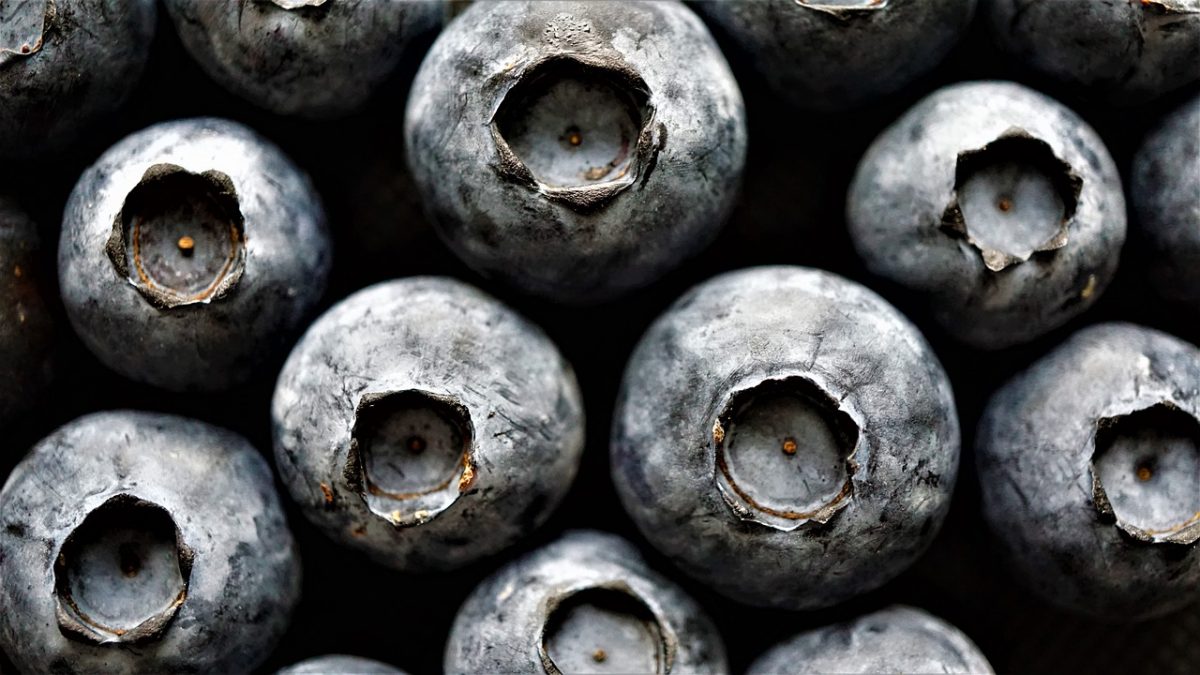In my previous post I talked about the benefits of eating an anti-inflammatory diet and what foods you should be including. Now I’m going to talk about what foods to avoid.
Removing these foods from your diet can have a big impact on how you feel, your ability to function day to day, your mood, your energy levels, your sleep, your immune system and your digestion (and you’ll probably also notice improvements to your skin and be able to maintain a healthy weight more easily – bonus!)
Sugar
Try to avoid cakes, biscuits, sweets and fizzy drinks, and look out for hidden sugar on labels. If you need something sweet have a couple of small pieces of dark chocolate (with a high cocoa content of 70% minimum), or some fruit.
Refined carbohydrates l
White bread, white pasta, white rice and breakfast cereals put you on a blood sugar rollercoaster. Switch to whole grain versions which contain more fibre and have a lower GI (glycaemic index) which means more balanced blood sugar and more balanced energy levels.
Gluten
Can cause digestive (and other) issues for a lot of people, not just those with Coeliac disease. Gluten has been shown to weaken the lining of the gut leading to intestinal permeability (where proteins break through the normally tight junctions of the gut lining, into the bloodstream where the immune system treats them as invaders and attacks them, causing an inflammatory response). Choose whole grains that are naturally gluten free such as gluten free oats, brown rice, quinoa, buckwheat and spelt. Try to avoid buying all of the supermarket ‘gluten free’ products however, as they are usually filled with sugar!
Processed foods
Tend to be high in unhealthy fats such as trans fats which increase inflammation in the body and raise your LDL cholesterol (the ‘bad’ cholesterol). Check labels for ‘partially hydrogenated oils’ which is another name for trans fats. Try to focus on whole foods as much as possible ie ‘1 ingredient’ foods.
Artificial sweeteners
MSG and aspartame are the main culprits and should be completely avoided. They’ve been linked to nerve pain, joint pain, headaches and impaired cognitive function, they stimulate the appetite and increase carbohydrate cravings, and they lead to weight gain. Avoid fizzy drinks completely and check for artificial sweeteners on food labels.
Dairy
Did you know the majority of adults are unable to digest dairy? Most of us stop producing the enzyme lactase, which breaks down lactose, after infancy. This means lots of us have digestive issues such as IBS brought on by consuming lactose that we are unable to digest properly. If you think you don’t get on well with dairy, try switching from cow’s milk to one of the non-dairy alternatives like almond milk, coconut milk or oat milk. Cut it out for 3 weeks and see how you feel.
Red meat
Contains saturated fat and arachidonic acid (an omega 6 fatty acid that can be inflammatory when our omega 6 and omega 3 ratio is out of balance – I’ll do a post on this). If you eat a lot of red meat try to reduce how often you eat it, and choose organic and grass-fed where possible.
The nightshade family
Tomatoes, white potatoes (not sweet potatoes), peppers, aubergine, chilli and paprika. They contain a chemical called solanine which may aggravate arthritis pain and inflammation. If you have arthritis or joint issues remove these foods from your diet for 3 weeks and see if you notice a difference.
A final word
Don’t forget to remove or reduce these things from your diet alongside increasing the foods you should be eating (see previous post); those that will nourish your body, give you energy and make you feel good!




